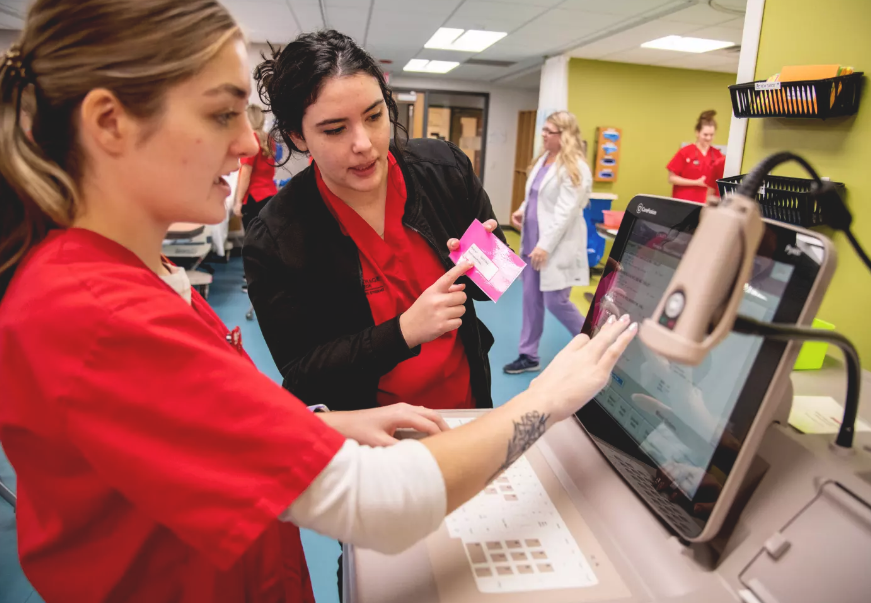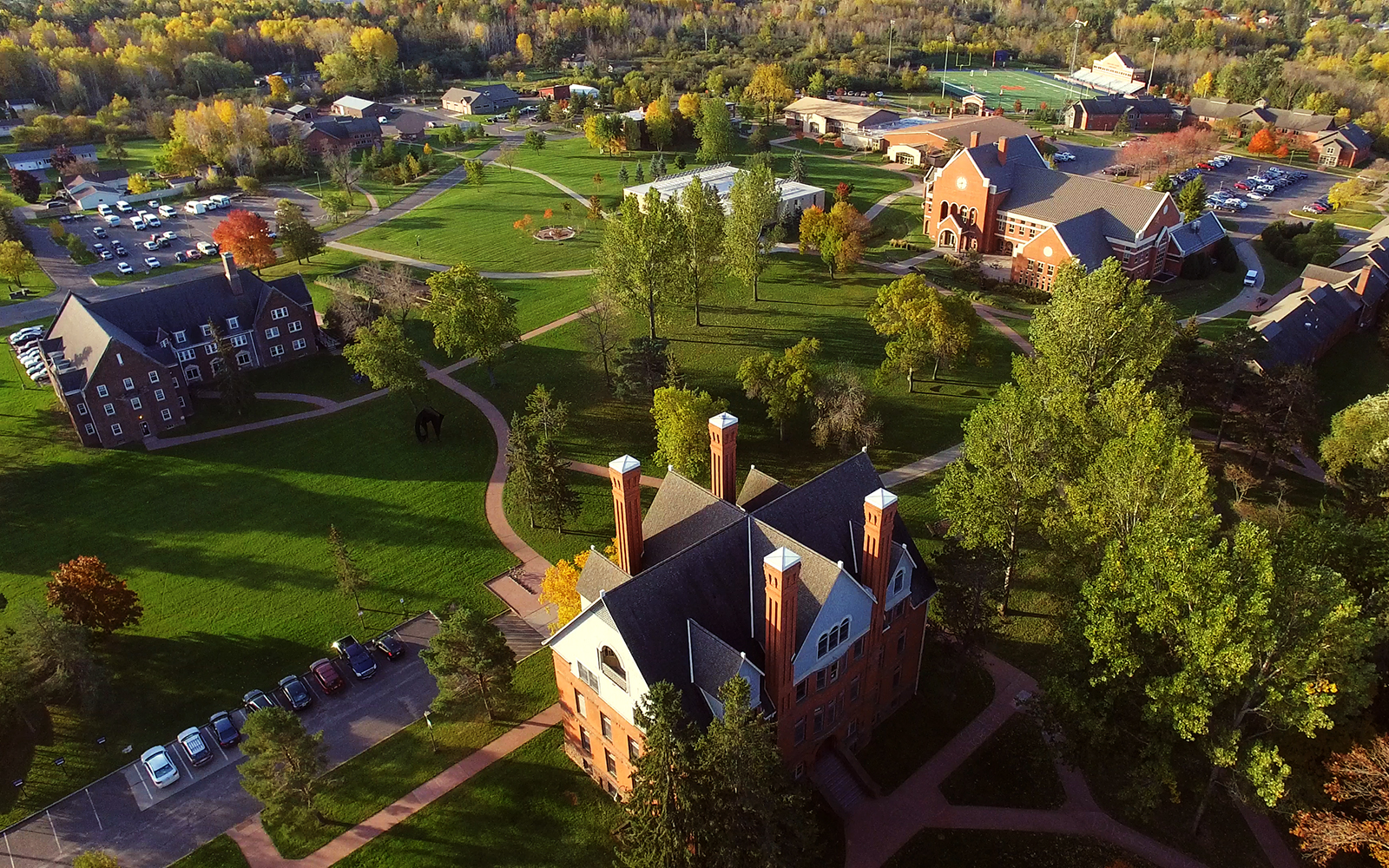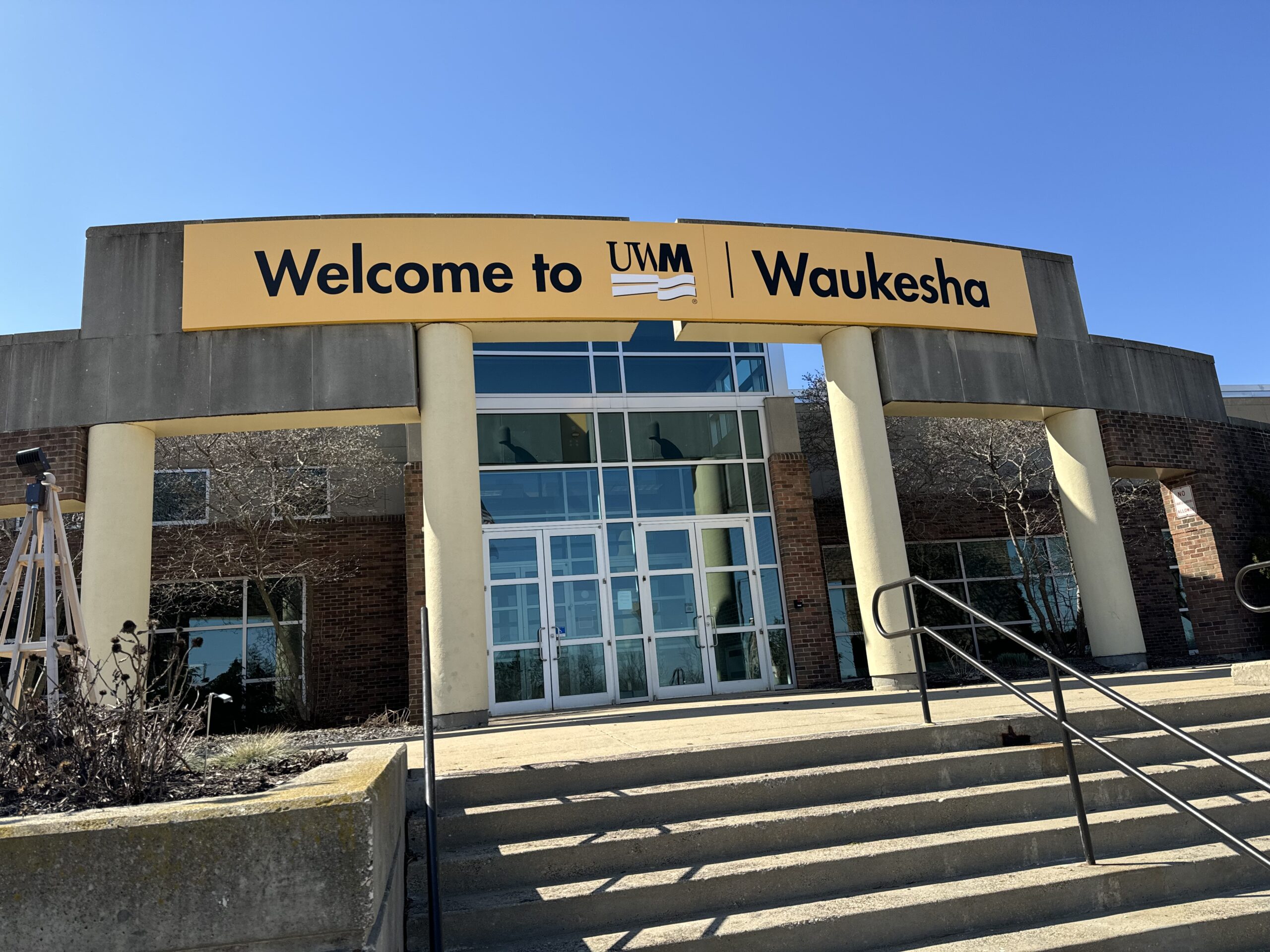Fifty community development projects across Wisconsin will split roughly $50 million in state grant funding, including one showcasing a community’s resilience and another aimed at addressing a workforce need.
The awards were approved this week by the State Building Commission. The new “Non-State Grant Program,” which provided the $50 million, was included in the most recent biennial state budget.
In a statement, Gov. Tony Evers said the program is aimed at boosting investment in local communities to improve public services and quality of life for Wisconsinites.
News with a little more humanity
WPR’s “Wisconsin Today” newsletter keeps you connected to the state you love without feeling overwhelmed. No paywall. No agenda. No corporate filter.
The Wisconsin Department of Administration received more than 250 applications to participate in the program.
The 50 projects that received funding ranged from serving rural communities, like a Boys & Girls Club in Ripon to a language campus on the Menominee reservation to serving more urban areas like the Milwaukee Mitchell International Airport, according to the governor’s office.
“I’m incredibly excited about these projects and the investments we’re making in communities in every corner of Wisconsin — this is great news for our state,” Evers said.
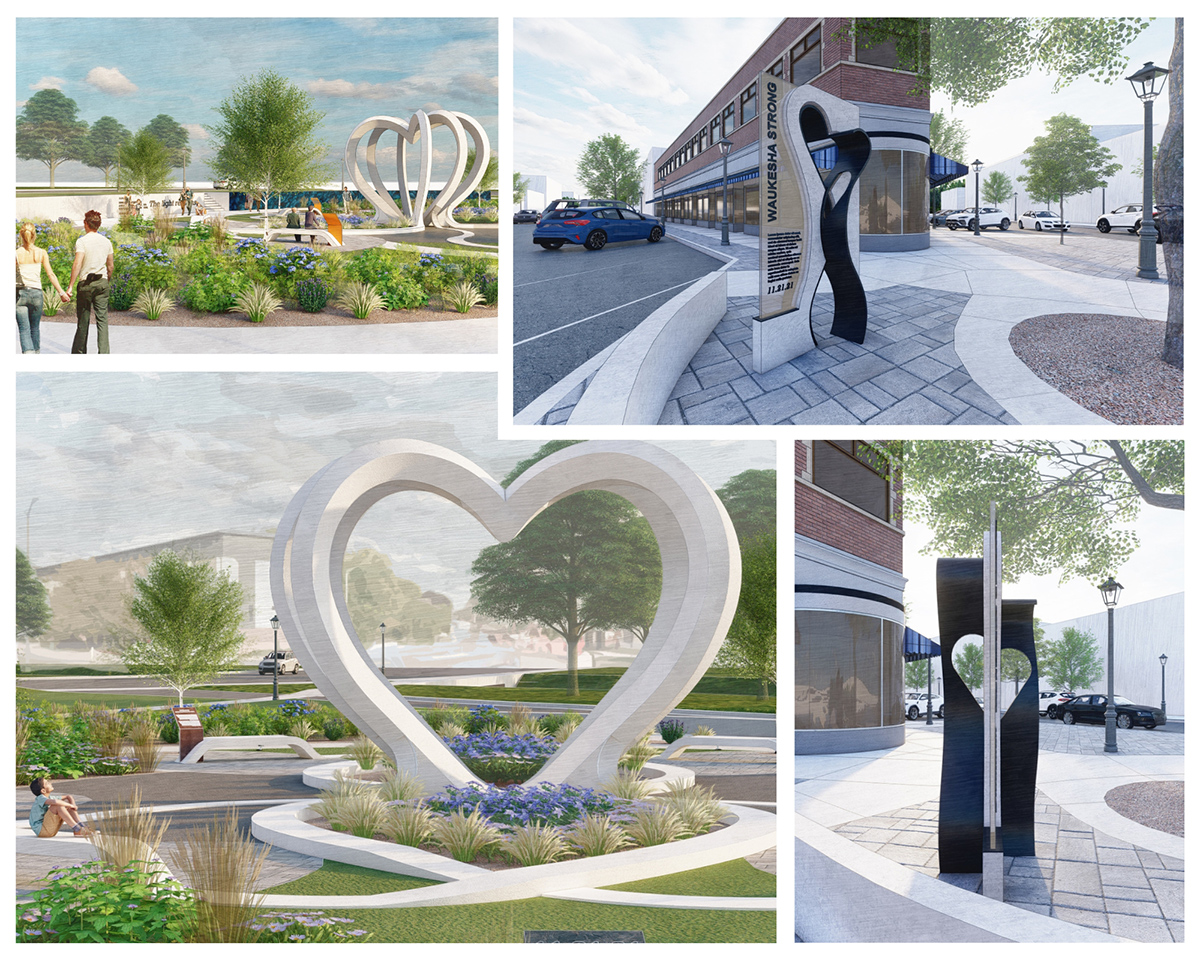
Waukesha parade memorial gets funding boost
One of the projects that received funding is the Waukesha Parade Memorial in Grede Park, aimed at paying tribute to the victims of the 2021 Christmas parade tragedy and the community’s resilience.
The Waukesha County Community Foundation was awarded $558,000 for the memorial. It will feature six ribbons that come together to form a heart — one ribbon for each of the six people who died in the attack. The project will also feature a tile wall with 1,000 tiles designed by community members.
Melissa Baxter, president of the Waukesha County Community Foundation, said the project symbolizes the community’s resilience and support of one another.
“We do have to recognize it’s a tragedy, and there were real losses that will never be regained, people who are no longer with us, and that’s impacted their families and our whole community,” she said. “But it’s also a reflection of how people came forward and how they showed support.”
The project broke ground in May. Baxter said there will be a dedication ceremony on Nov. 21, the third anniversary of the tragedy.
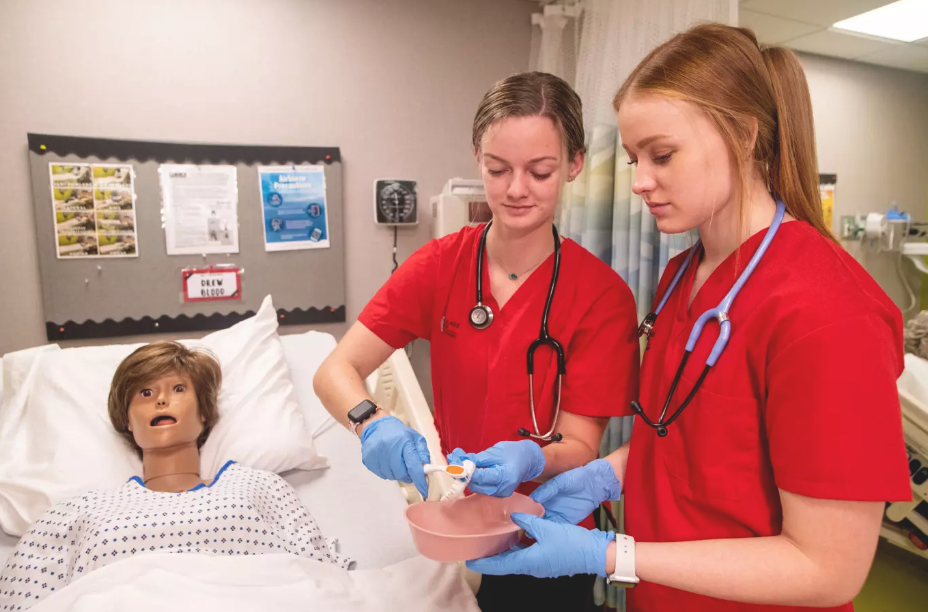
Carthage College to bolster nursing labs, classrooms
Another project that received funding is Carthage College’s plan to expand its nursing laboratories and classrooms. The college will receive $1.32 million.
Carthage College opened its Nursing Learning Laboratories space in 2016. Paul Martino, dean of the college’s division of professional studies, said the 3,500-square-foot space is divided between “low resolution” and “high resolution” spaces where students can get experiences they can use in the field.
The low resolution spaces feature mannequins that don’t have computer chips in them, where students can practice things like changing bedpans or taking blood pressure. On the high fidelity side, he said there are mannequins with computer chips that can “speak.”
Martino said the nursing major has grown from 24 students in 2016 to about 361 currently. He said the goal is to roughly triple the amount of space on campus dedicated to nursing in two phases. The first phase would focus on adding low fidelity space, and the second would add high fidelity space.
“This money from the state would help us begin phase one,” Martino said.
He said the college hopes to get both phases done in the next three years, but that could change depending on funding and potential construction delays.
Martino said the project will help the college grow its capacity for training nurses, a critical need both for hospitals and long-term care facilities in the coming years.
“Currently in the state of Wisconsin, we are capable of training about 3,500 (registered nurses) a year,” he said. “We need to be training and graduating about 9,600 a year. And then by the year 2035, we will need to graduate about 23,000 nurses a year.”
Wisconsin Public Radio, © Copyright 2025, Board of Regents of the University of Wisconsin System and Wisconsin Educational Communications Board.

